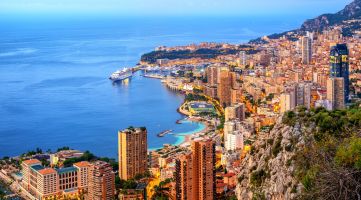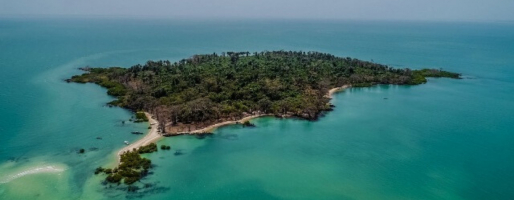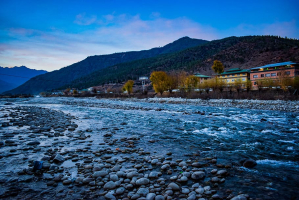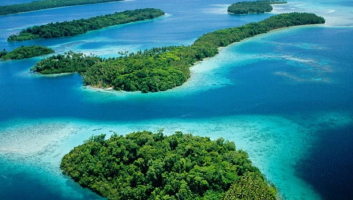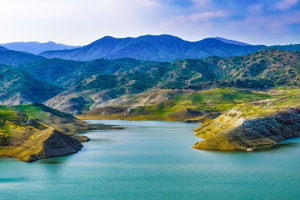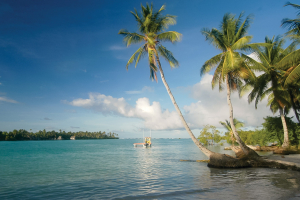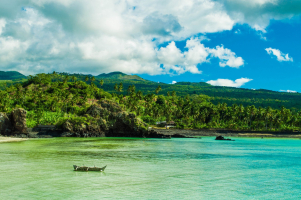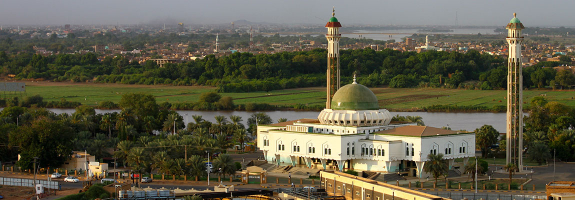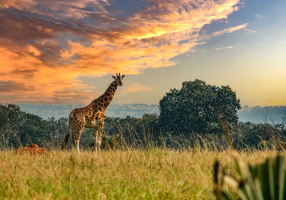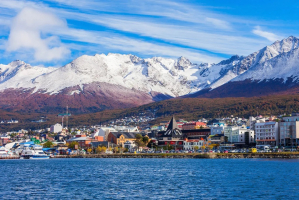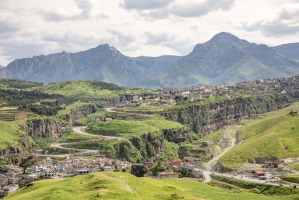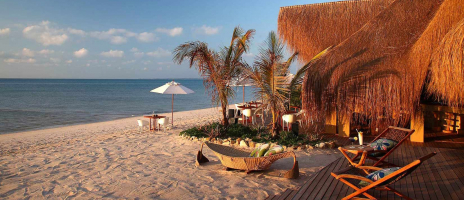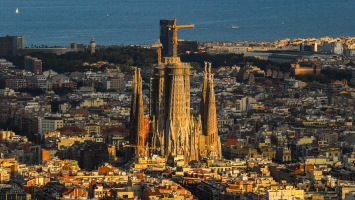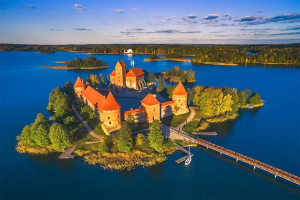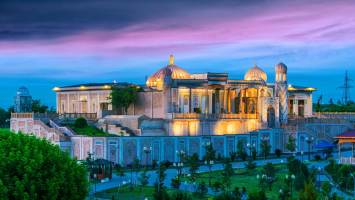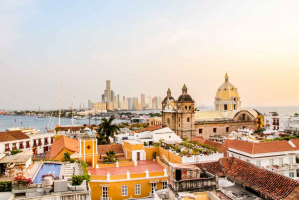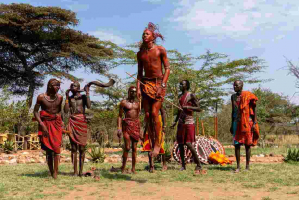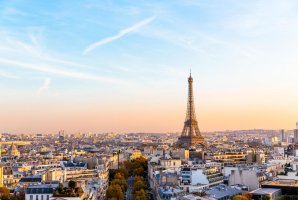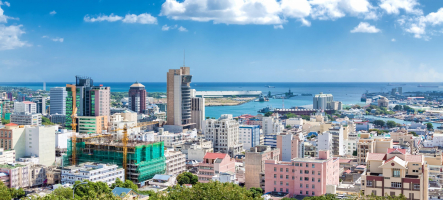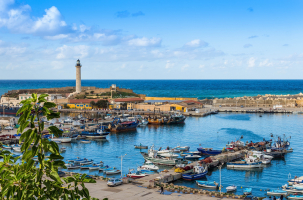Top 10 Things to Know Before Traveling to Bosnia and Herzegovina
Bosnia and Herzegovina is quickly becoming one of the new decade's "must-see" tourist destinations, thanks to its interesting history and breathtaking terrain. ... read more...Everything you need to know before visiting this gorgeous nation can be found in this book, from the most awe-inspiring experiences to the dirt on local customs. Let's have a look at Things to Know Before Traveling to Bosnia and Herzegovina.
-
First and foremost, Bosnia and Herzegovina is not a conflict zone. This is absolutely one of the things to know before traveling to Bosnia and Herzegovina. Inform your friends that Bosnia is no longer a conflict zone. It's shocking how many people believe Bosnia is still in conflict more than 20 years after the Yugoslav Wars and the Siege of Sarajevo.
Bosnia and Herzegovina is a safe place to visit, and you won't get bitten by a snake hidden in the hills! Of course, pickpockets must be avoided in crowded areas, as they must in any location or even your own town, but crime rates are generally low. On arrival, most countries receive a 90-day visa out of every 180. Check to see whether you're qualified, and don't assume you'll be able to enter Bosnia simply because other nations do.
Many Western visitors expressed their happiness at not being shot while on his tour. Tourists may feel completely protected in Bosnia & Herzegovina, which has extremely low crime rates. So, if you're asking whether or not it's still a conflict zone and whether or not you can travel there securely, the answers are no and yes. The war ended in the 1990s, and the nation is now entirely safe to visit. It's amazing how many people still believe it's a war zone over there — it isn't, and people live very regular lives.
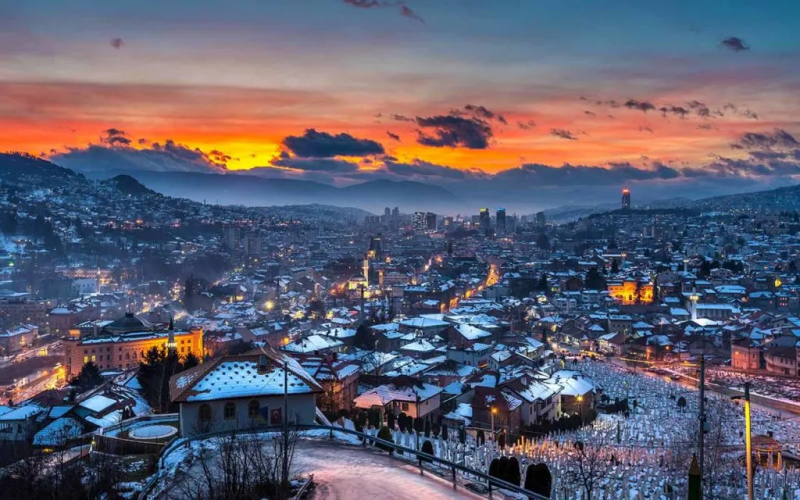
https://nomadparadise.com/ 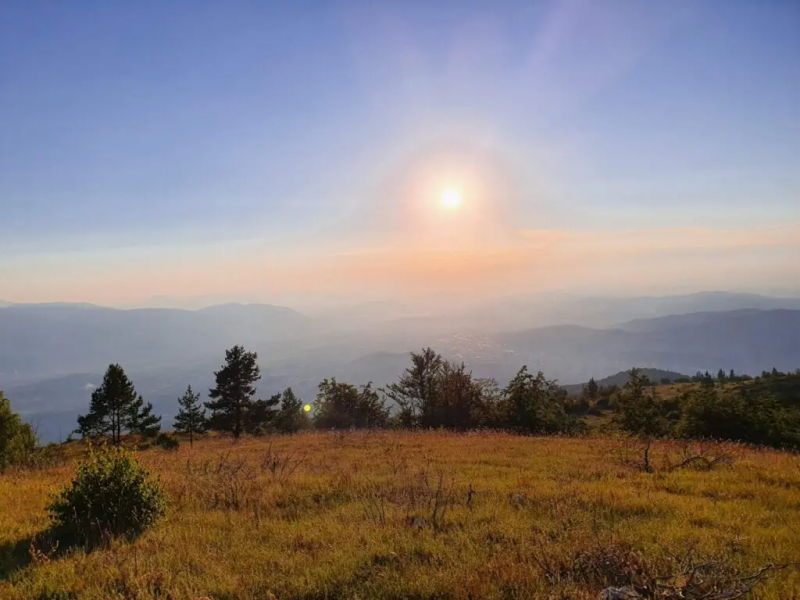
https://nomadparadise.com/ -
The two most frequently spoken foreign languages in the nation, particularly among the younger generation, are English and German. Young individuals in Bosnia and Herzegovina may be depended on to speak English fluently, while older people are more difficult to communicate with.
The findings are honestly varied when it comes to the individuals you're most likely to engage with, such as hotel/hostel personnel, waiters, bartenders, store cashiers, and so on. The employees at hotels and hostels will be fluent in the language, and the majority of waiters and bartenders will be able to explain anything you need throughout your encounters with them in English. Know about the language used in this country is absolutely one of the things to know before traveling to Bosnia and Herzegovina.
This is true in larger cities and tourist attractions, but don't be shocked if your waiter or cashier doesn't know English in a small village. Even so, the locals are kind, and if you happen to be near someone who speaks English, they will usually volunteer to interpret for you.
If you know certain Croatian, Serbian, or Montenegrin terms or phrases (and are confident in their meaning), they will have the same meaning in Bosnian. With the exception of a few minor grammatical differences, Bosnian, Serbian, Croatian, and Montenegrin are completely identical, and people will understand you flawlessly.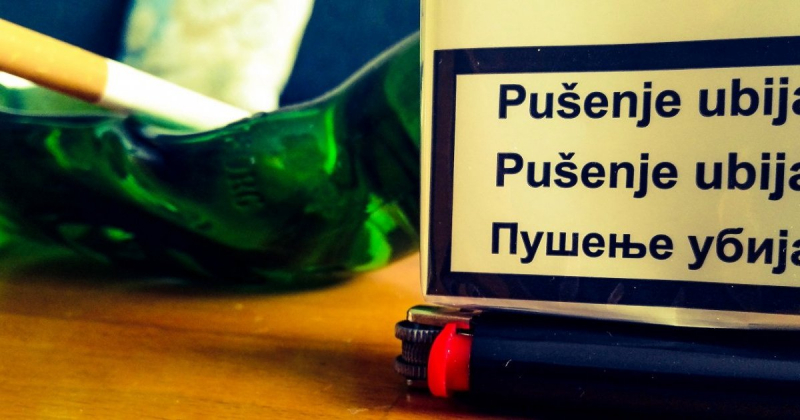
https://nomadparadise.com/ 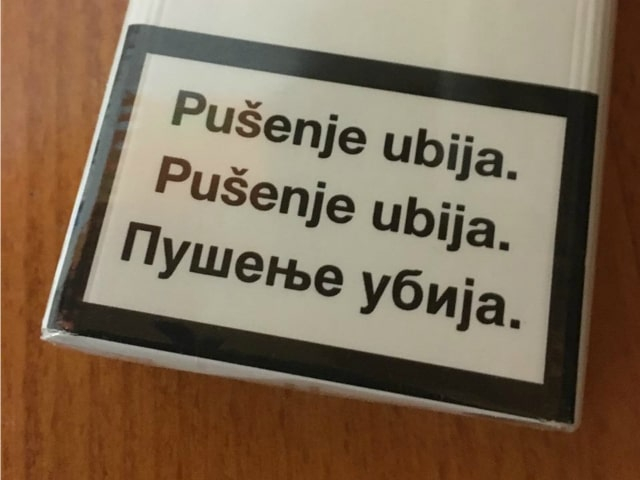
https://nomadparadise.com/ -
The official currency of Bosnia and Herzegovina is the mark, which is also used by the Republika Srpska. However, many places, particularly along the Bosnian – Croatian border, take euros or even Croatian kuna. $1 USD is around 1.69 kilometers, whereas €1 is little under 1.95 kilometers.
Tourists can typically pay in USD or Euros at a disadvantageous exchange rate, while in regions near the border, residents accept the Croatian Kuna. But, especially outside of touristic regions, don't count on anyone accepting foreign currencies. Bosnia and Herzegovina's currency is the Konvertibilna Marka (BAM), which is made up of 100 pfeninga. Some Euro notes are accepted (but not coins).
The Euro and the US Dollar are the two most often used foreign currencies. In most major cities, credit cards are accepted at top hotels and restaurants, and ATMs are available. Monday through Friday, 8 a.m. to 7 p.m., are the hours for banking.
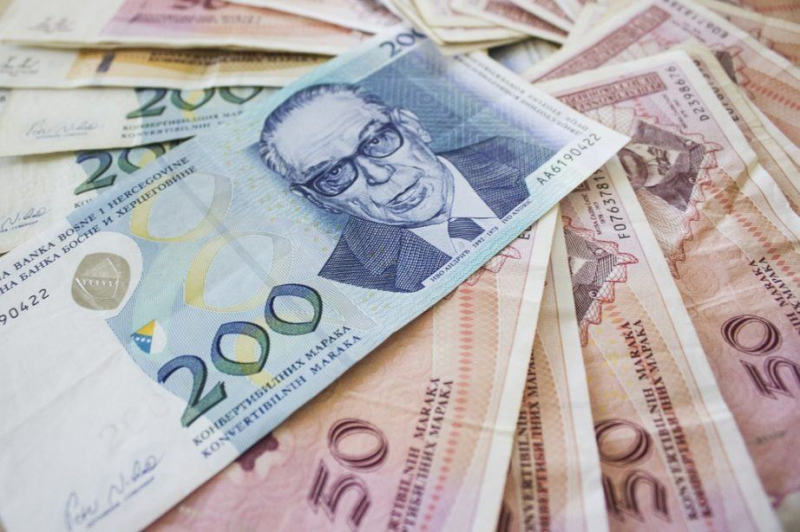
https://www.istockphoto.com/ 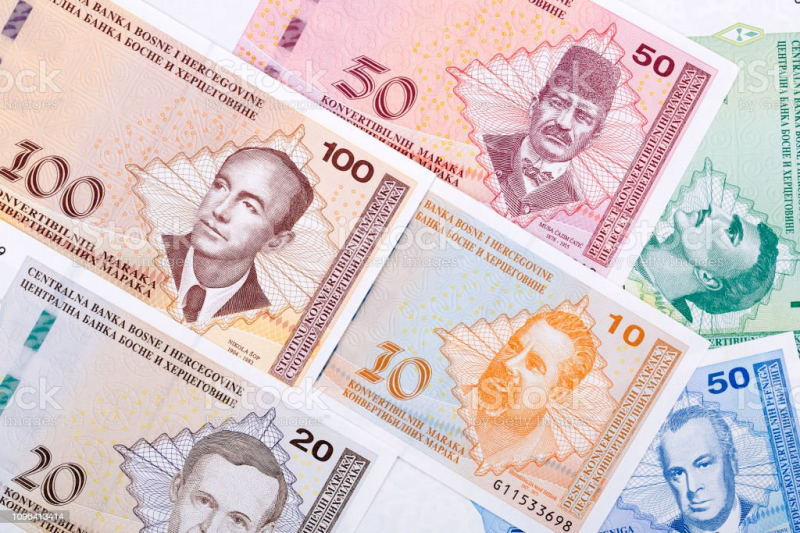
https://www.istockphoto.com/ -
Bosnia is a cash-based society, which may be due to the fact that the country is just now beginning to recover from the economic collapse that followed the Bosnian War. There are ATMs accessible, but expect to spend up to 7% in fees, conversions, and commissions. Because most restaurants, stores, and cafés do not take credit or debit cards, we recommend bringing cash. In most major cities, credit cards are accepted at top hotels and restaurants, and ATMs are available.
Monday through Friday, 8 a.m. to 7 p.m., are the hours for banking. In 2019, credit cards accounted for over 15% of all payment cards issued in Bosnia and Herzegovina, totaling nearly 250,000. Debit cards were increasingly common in the country that year, with roughly 1.7 million being issued. The figures offered are estimates based on the information banks must furnish to the country's central bank. Owning a payment card does not automatically imply that it is used frequently, as there are significant disparities in the use of particular payment methods across Europe.
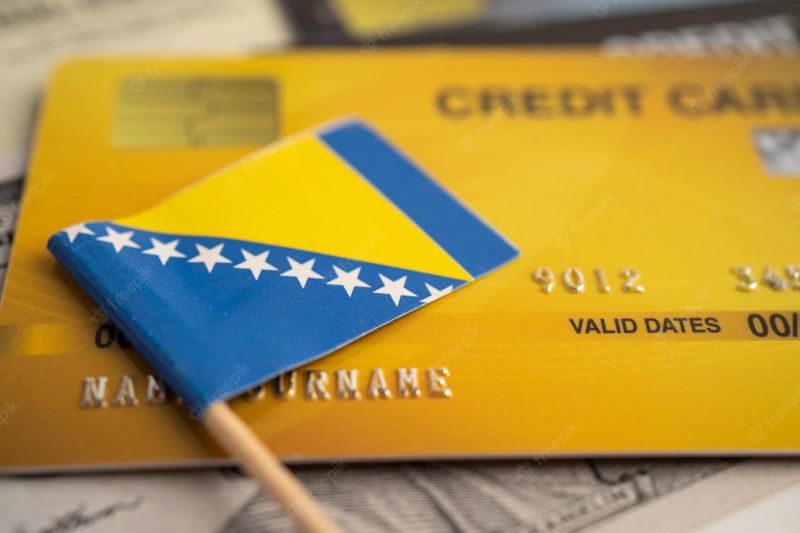
https://www.tripreport.com/ 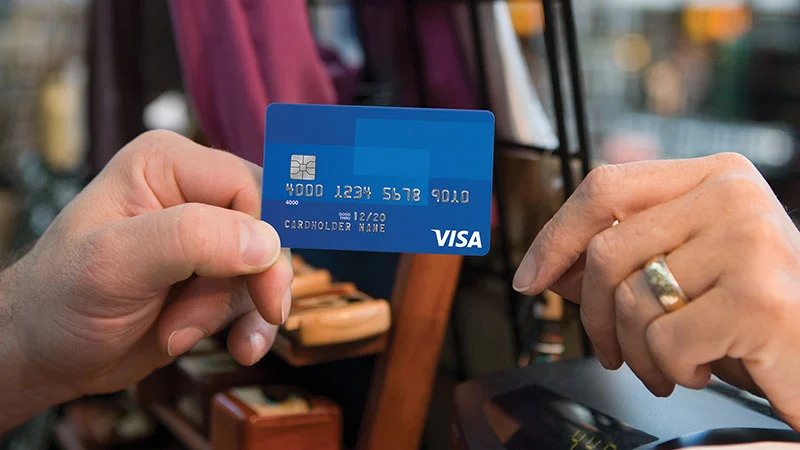
https://www.tripreport.com/ -
Bosnia and Herzegovina is not known for its shopping, although there are a few unique shops selling traditional things such as handmade carpets, woodcarvings, pottery, brass coffee pots, needlework, tapestries, wool, wines, and leather. In towns and cities, markets and fairs are frequent places for craftsmen to sell their wares. This is absolutely one of the things to know before traveling to Bosnia and Herzegovina.
Fresh and prepared food, as well as jewelry, apparel, and souvenirs, may be found in plenty. The area of central Bosnia and Herzegovina, as well as the town of Visoko, are known for their high-quality leatherwork. Cities have enormous shopping malls and shopping complexes, but visiting bazaars and boutique stores is more enjoyable. Sarajevo's souk district is a fantastic spot to buy souvenirs and local handicrafts.
Andar, a well-known shoemaker in the capital who offers handcrafted shoes and sandals, may be located near the Emperor's mosque. A fair trade business called BHcrafts is located next to Gazi Husrev-beg Mosque and sells handcrafted goods ranging from accessories to apparel and home décor. In most marketplaces, haggling is acceptable, and foreigners should expect inflated pricing. Bringing a Bosnian native to assist you in obtaining a better bargain.
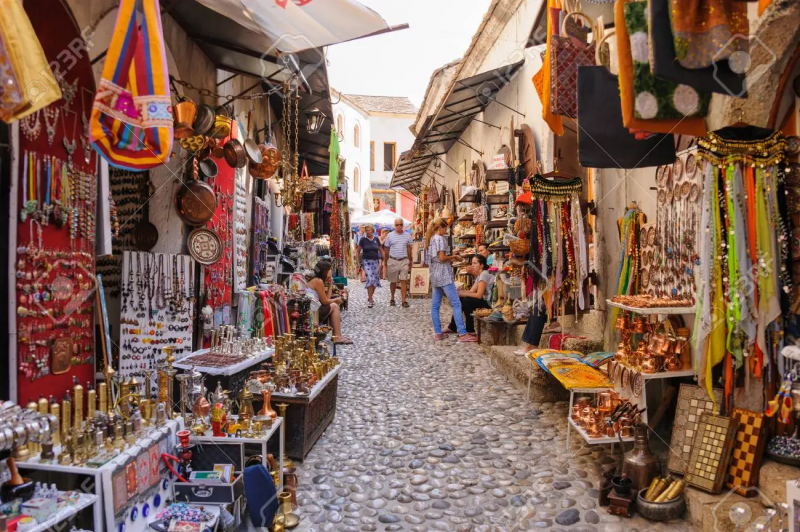
https://www.iexplore.com/ 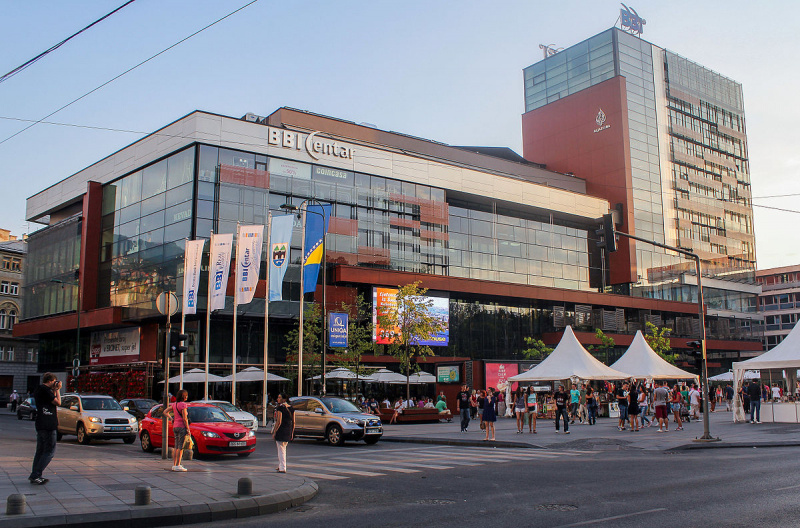
https://www.iexplore.com/ -
The climate of Bosnia and Herzegovina is continental, with hot summers and cold, snowy winters. This resembles the continental European climate rather than the Mediterranean climate of neighboring countries such as Italy or Greece. The only part of the nation with a Mediterranean climate is the southwest. Bosnia and Herzegovina shares a mild maritime environment with the Adriatic Sea.
Although summers in Bosnia and Herzegovina are known to be scorching, we had to contend with a -not so hot- temperature of 10 degrees Celsius when we visited Sarajevo in mid-August. Even in the summer, bring a few extra layers of clothing just in case.
The country's coastline is just around 7 kilometers (4 miles) long; the remainder of the time, the boundary is only a few kilometers from the sea, and the shoreline belongs to Croatia. In all seasons except summer, the maritime area has a Mediterranean climate, which is pleasant yet wet.
The Adriatic Sea in Neum is hottest in July and August, when the water temperature is 24/25 °C (75/77 °F), but still pleasant in September, when the water temperature is 23 °C (73 °F), and cold in June, when the water temperature is 21 °C (70 °F).
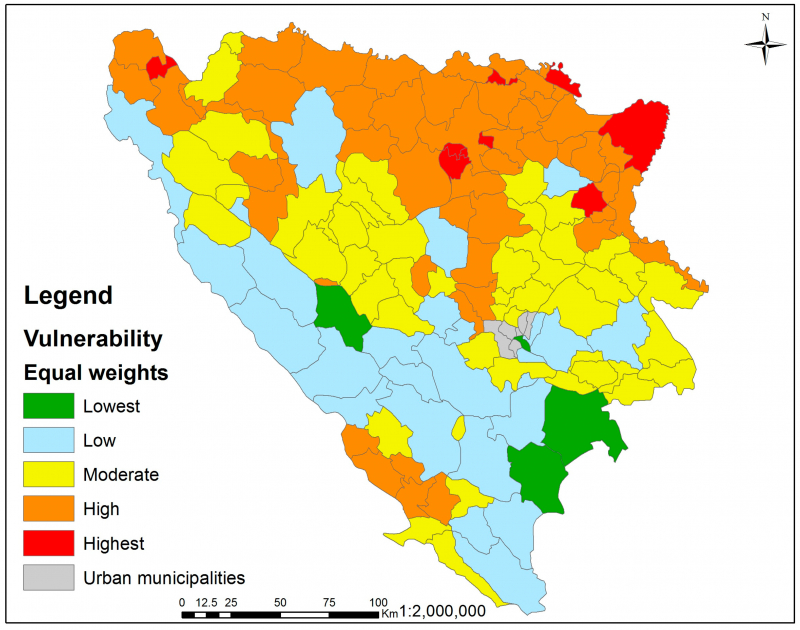
https://www.tourradar.com/ 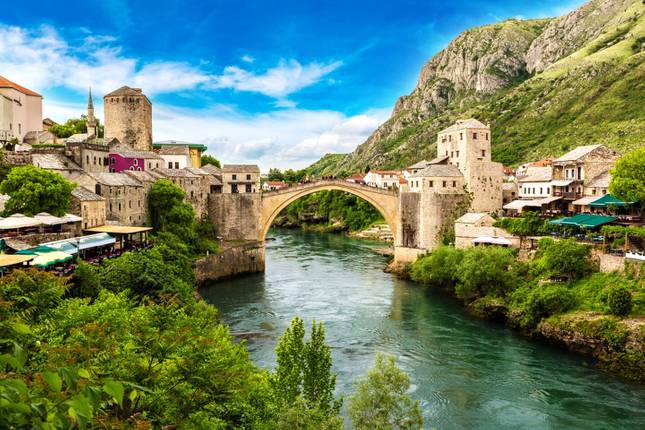
https://www.tourradar.com/ -
Bosnians are a kind and polite people. However, because many people may have had physical or psychological traumas as a result of the war, it may be prudent to avoid discussions about it. People will bring it up themselves if they want to talk about it and share battle memories with you. This is absolutely one of the things to know before traveling to Bosnia and Herzegovina.
Bosnians are warm and inviting, with a distinct sense of humour. Even though parents have the last say in many choices, most parent-child relationships are built on mutual trust. Many individuals live with their extended family, and grandparents frequently look after their grandchildren while their parents are at work. Elders are revered in Bosnian culture and are often seen as incredibly significant family members.
In a family, both mothers and dads perform an equal role and have the same level of power. Families like having talks and expressing their viewpoints, even if it appears that they are arguing. They are obnoxious and frequently talk at the same time.
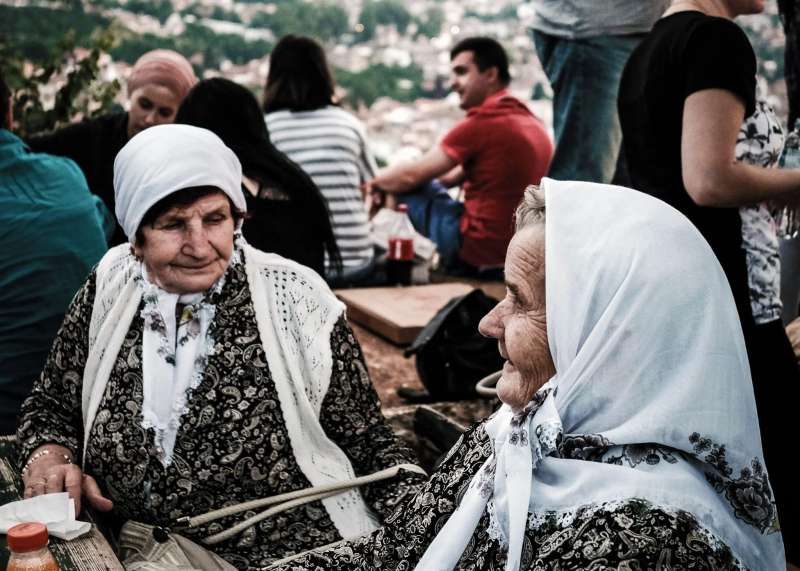
https://tobosnia.com/ 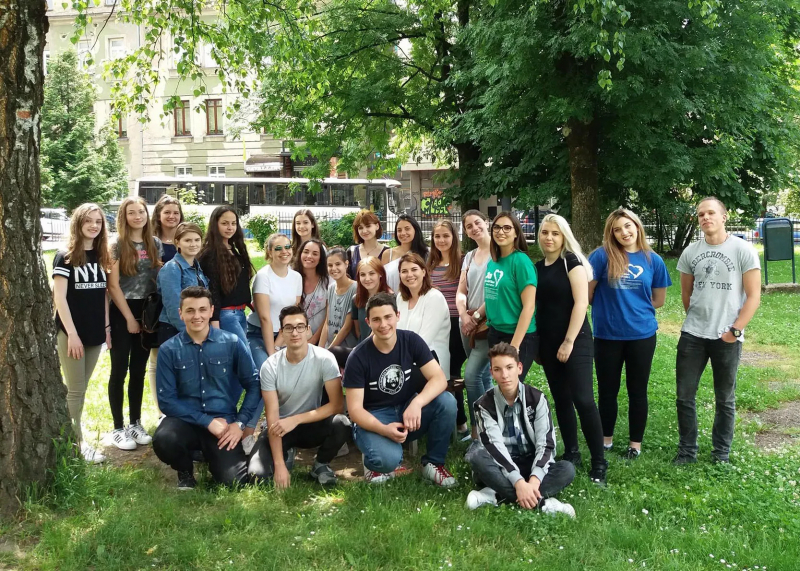
https://tobosnia.com/ -
Bosnia and Herzegovina is a developing country with few large cities and well-developed infrastructure. The nation, on the other hand, has stunning natural beauty that will leave you speechless. Due to the abundance of exhilarating paths, Bosnia and Herzegovina is also particularly popular among mountain hikers.
If you have the chance to travel to the country's rural and isolated areas, take advantage of its nature. Sutjeska National Park, Kravice Waterfalls, Skakavac, Blagaj Tekke, Fortica, Igman, Trebevi, and others are all worth seeing. Adventurers will fall in love with this nation since there are so many diverse sites to see and so much to do that you'll be planning your next trip to Bosnia before you've even gone.
Bosnia and Herzegovina is known for its various landscapes of nature. Approximately 60% of the country is wooded. Oaks, beeches, and a variety of conifers may all be found here. Forests are extremely dense in the hilly regions. They are home to brown bears, who are currently endangered, as well as a variety of bird species such as falcons, eagles, and woodpeckers.
The woodlands smell like fresh wild garlic in the spring, and the terrain is covered in juniper and gentian. Bosnia and Herzegovina has a variety of unique waterfalls, as well as beautiful lakes and river sceneries. Furthermore, the Adriatic Sea has a 20-kilometer-long beachfront, giving the country access to the sea.
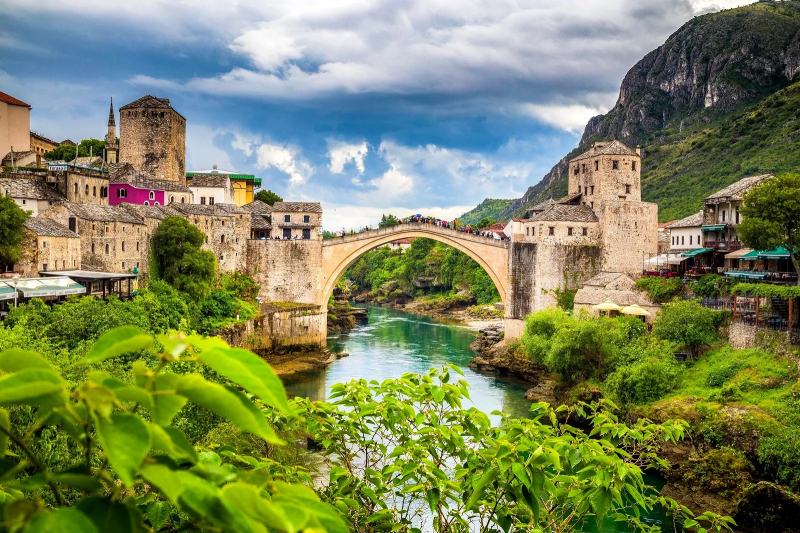
https://viatravelers.com/traveling 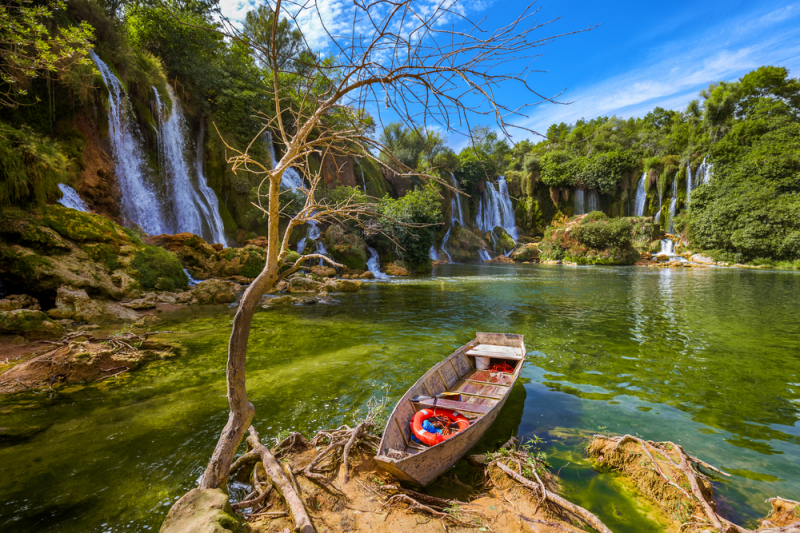
https://viatravelers.com/traveling -
The cuisine of Bosnia and Herzegovina (Bosnian: Bosanska kuhinja) is a mix of Western and Eastern influences. Former Yugoslav, Middle Eastern, Mediterranean, and other Balkan cuisines are all represented in the cuisine. Many spices are used in Bosnian cuisine, although in little amounts.
The sauces are all natural, consisting of nothing more than the natural juices of the vegetables in the meal; the majority of the dishes are light because they are cooked in a lot of water; the sauces are all natural, consisting of little more than the natural juices of the vegetables in the dish. Tomatoes, potatoes, onions, garlic, bell peppers, cucumbers, carrots, cabbage, mushrooms, spinach, courgette, dried and fresh beans, plums, milk, paprika, and pavlaka and kajmak cream are common components.
Due to Islamic dietary rules, the most common meat meals are beef and lamb, while Bosnian Croats and Bosnian Serbs can eat pig. Evapi, burek, dolma, sarma, pilav (pilaf), gula (goulash), ajvar, and a variety of Eastern sweets are among of the regional delicacies.
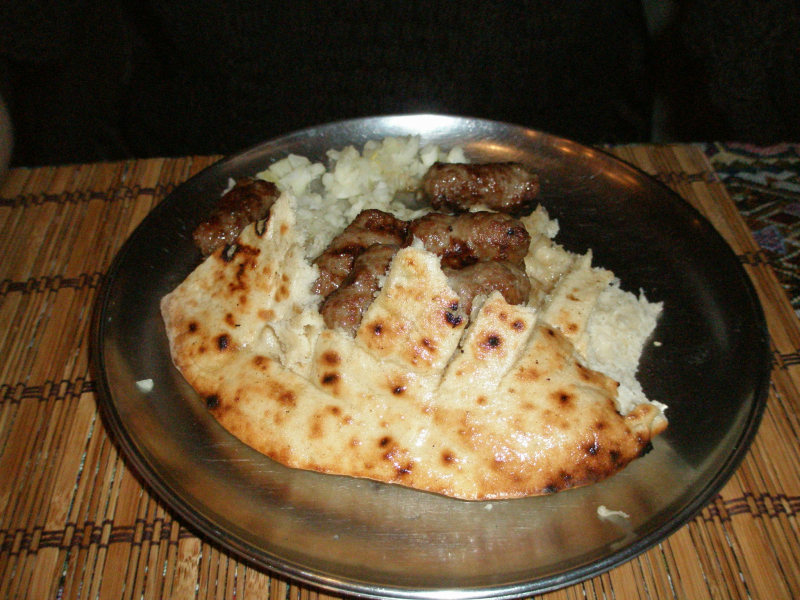
https://en.wikipedia.org/ 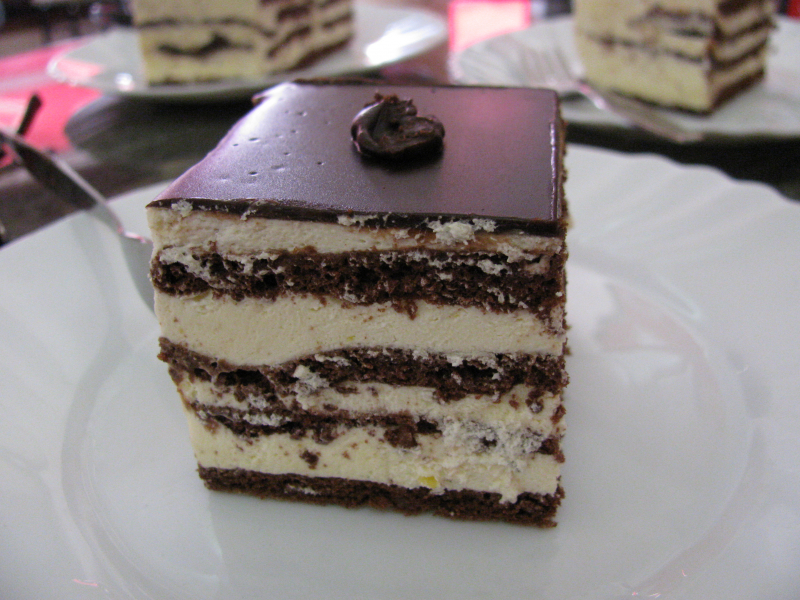
https://en.wikipedia.org/ -
You'll never run out of things to do in Bosnia and Herzegovina, no matter what time of year you come. It is hard to be bored since the inhabitants have an intrinsic enthusiasm for festivals and celebrations. Knowing about the festivals here will help you to plan the perfect one for yourself. It is also one of the things to know before traveling to Bosnia and Herzegovina.
Throughout the year, fascinating Bosnia and Herzegovina holiday customs and Olympic-style events, as well as myriad religious festivals, are organized in various locations. The International Sarajevo Winter Festival is an important event. This festival began in 1984 and has since evolved to become one of Bosnia and Herzegovina's most anticipated events. Art displays from all over the globe compete for the top award, the Sestoaprilska Negarda Sarajeva, which is usually held in February.
Summer on the Vrabas is a traditional July event that features a unique blend of physical activities and cultural performances. It takes place near Kastel Fortress and gathers sportsmen and artists eager to demonstrate their talents and abilities via presentations, racing, and a variety of other events.

https://eaff.eu/en/festivals 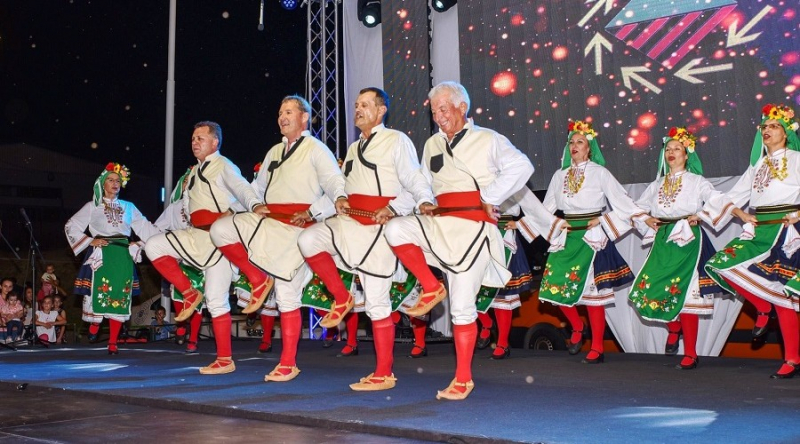
https://eaff.eu/en/festivals












